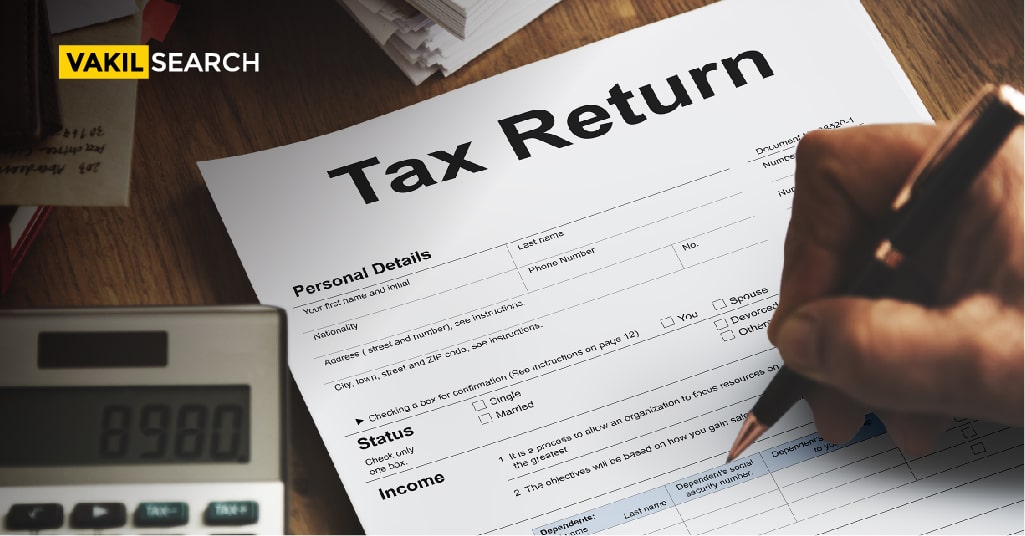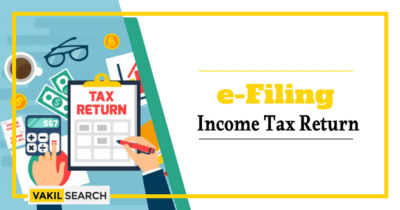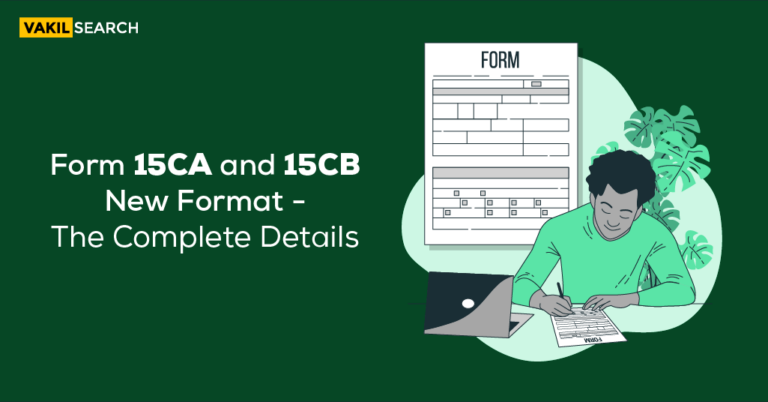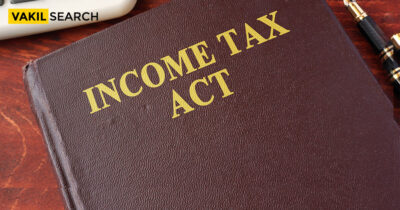Would it be possible for your talented minor child to earn a tax-free income through his hobbies or competitions that he has earned from his talent? If not, who will be responsible for paying the income tax if the employer does not pay it? Would you be able to give him/her a financial gift in the future if he/she had received many gifts from friends and family, or if your investment was a success? Does he/she have to file tax returns? Make sure you are aware of the details of the money belonging to your kids, as well as your tax obligations for both of you.
Previously, children were intelligent. Nowadays, children can handle money, choose their careers, or even run their own businesses because they are double smart. Minors (below the age of 18) earn. It is a parent’s/guardian’s responsibility to file taxes for their children, irrespective of the child’s age. Read further and get to know more information on it. Filing taxes is a citizen’s duty as it helps to uplift your social ranking.
What is the minimum age to file the Income Tax?
There is no minimum age criteria to file the income tax for a person. Even an infant can pay his/her income taxes based on a few exceptions. Income tax can be collected from the child’s income if it either earned money or unearned money. We call it as earned money when the children earn money by winning any contest/competition/tournament and so on. Salaried amount also comes under the earned money category. Wherein unearned money is that when the money is not directly earned by the minor i.e. for instance, if the amount is funded by a toddler’s grandparents to their grandchild for their future, etc. Income tax returns are calculated based on the minor children’s savings money or their investment. There are certain exceptions for the same.
Unlock financial success with our unparalleled accounting services – your gateway to streamlined bookkeeping and prosperity.
A teenager working at odd jobs need not file income tax returns. There are many odd jobs available which aren’t taken into account. Such odd job workers can neglect the existence of income tax.
As per section 10(32) of the Income-tax act, there is a provision for not including a teenager’s income with his/her parents if the amount earned by the minor is less than ₹1500 / month. Therefore, the teenager can enjoy his income if he receives less than ₹1500. However, this rule is also applicable to the amount transferred by a parent, uncle, grandparent, etc, it has to be less than ₹ 1500 a month, in order for it to be tax-free.
The Income of the Minor:
Basically, the income attained by a minor could be through an investment made under the name of the child by the parents in a mutual fund, a Public Provident Fund (PPF), a bank deposit, etc. Apart from that, the child can generate income through any manual work done by them and by exhibiting his own knowledge, skill, talent, experience. Ex: presently many kids working in the film industry, participating in the television competition shows, setting a Guinness record, etc.

Unlock tax-saving potential – Explore our user-friendly Income Tax Calculator for seamless financial planning.
How can we club with the Income of a Minor?
The income of the minor can be clubbed with the parent’s income when the minor earns an amount of more than ₹1500. According to Section 64(1A) of the income tax act, 1961, any income generated by the minor will be clubbed with the income of the parents (exceptions are there). If both the parents are working then the minor income will be clubbed with one, who has a higher income. Here the clubbing will be done until the child is minor and once they attain the age of 18, their income will be assessed independently. When the investment was made under the name of the child, then the income generated from such investment is clubbed with the income of the parents. There are a few exemptions and restrictions to be followed while filing taxes in the name of the child who gets earned or unearned money.
Conclusion
When investing under a child’s name, one of the parents should enclose his KYC details, PAN number, bank account details, and proof of identity. It is the responsibility of either of the parents who have custody of the child to file the child’s income tax return if the parents are divorced. Additionally, if both parents have died and the child is being raised by a guardian, then the child’s income will not be combined with the guardian’s; rather, a separate income tax return must be filed under the child’s name.
Read more,
- Taxation of Minor Children in India
- How to File an ITR in India?
- How to Pay Taxes as Per New Income Tax Slab?










